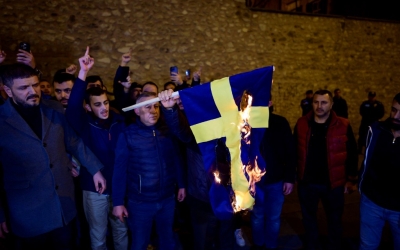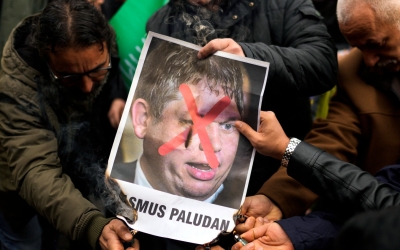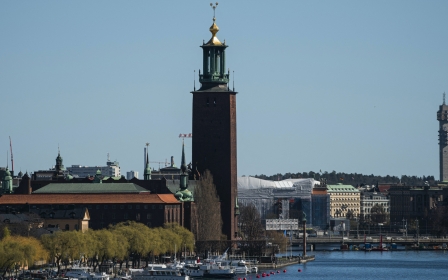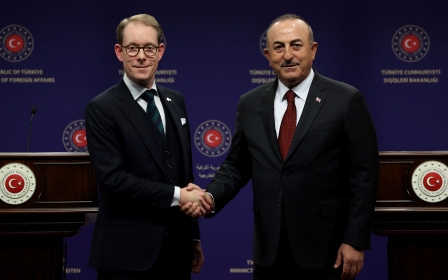Turkey may accept Finland into Nato without Sweden: Erdogan
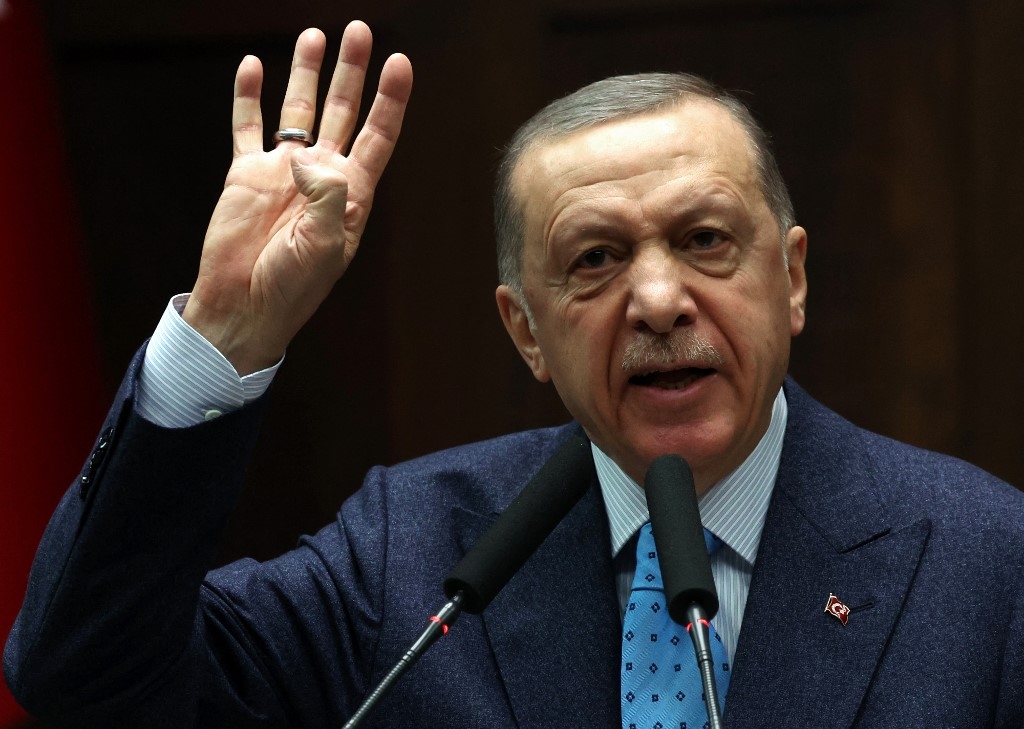
Turkish President Recep Tayyip Erdogan said for the first time on Sunday that Ankara could accept Finland into Nato without its Nordic neighbour Sweden.
Erdogan's comments during a televised meeting with younger voters came days after Ankara suspended Nato accession talks with the two countries.
Its decision threatened to derail Nato's hopes of expanding the bloc to 32 countries at a summit planned for July in the Lithuanian capital Vilnius.
Finland and Sweden dropped decades of military non-alignment and applied to join the US-led defence alliance in response to Russia's invasion of Ukraine.
Turkey and Hungary remain the only members of the 30-nation western defence alliance to have failed to ratify the membership bids by Sweden and Finland.
The Hungarian parliament is expected to approve both bids in February.
But Erdogan has dug in his heels heading into a tightly contested 14 May presidential election in which he is trying to energise his conservative and nationalist base of support.
Erdogan's main complaint has been with Sweden's refusal to extradite dozens of suspects that Ankara links to outlawed Kurdish militants and a failed 2016 coup attempt.
He signalled on Sunday that he was willing to accept Finland into the US-led defence bloc on its own.
"If necessary, we can give a different response concerning Finland. Sweden will be shocked when we give a different response for Finland," Erdogan said in televised remarks.
He repeated his demand for Sweden to hand over suspects sought by Ankara.
"If you absolutely want to join Nato, you will return these terrorists to us," Erdogan said.
"You will send these terrorists to us so that you can join Nato."
Quran burning
Last week, the Finnish foreign minister suggested that Turkey was likely to hold off on ratifying the Nato membership of Sweden and Finland until after the Turkish presidential elections.
Pekka Haavisto said during a news conference that he believed a break was needed in talks between the two Nordic countries and Turkey following anger at the burning of a Quran by a far-right activist outside the Turkish embassy in Stockholm earlier this month.
He added that a decision by Ankara on the issue was unlikely before the elections.
Erdogan on 23 January said Sweden should not expect his country's support for Nato membership following the incident.
"Those who allow such blasphemy in front of our embassy can no longer expect our support for their Nato membership," Erdogan said in a speech after a cabinet meeting.
"If you love members of terrorist organisations and enemies of Islam so much and protect them, then we advise you to seek their support for your countries' security."
Sweden and Finland applied last year to join Nato following Russia's invasion of Ukraine but all 30 member states must approve their bids.
Both countries also signed a trilateral memorandum in which they promised to alleviate Ankara’s concerns regarding groups it views as terrorist based in the two countries.
The changes would enable the Swedish government to crack down on recruitment, financing, and activities of groups such as the Kurdistan Workers' Party (PKK), which has fought a decades-long struggle against the Turkish state and is regarded as a terrorist organisation by the US, EU and Turkey.
Sweden has a bigger Kurdish diaspora than Finland and a more serious dispute with Ankara.
Both countries have been trying to break down Erdogan's resistance through months of delicate talks.
Sweden has approved a constitutional amendment that enables it to enact tougher anti-terror laws demanded by Ankara.
And both nations have lifted bans on military sales to Turkey that they imposed after its 2019 military incursion into Syria.
Middle East Eye delivers independent and unrivalled coverage and analysis of the Middle East, North Africa and beyond. To learn more about republishing this content and the associated fees, please fill out this form. More about MEE can be found here.


